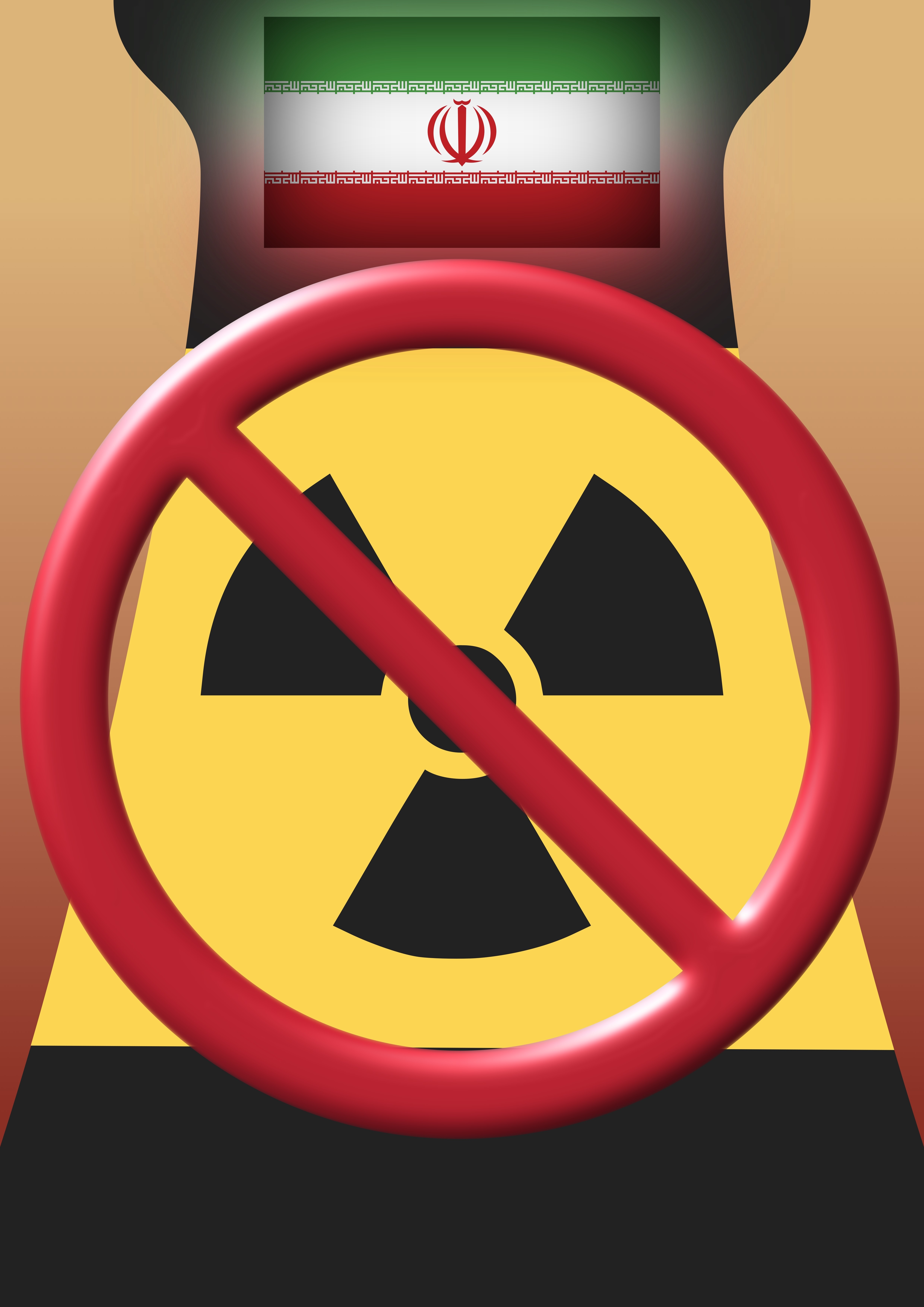Israel: Iran is in for (another) big surprise in the next 48 hours
With precision airstrikes deep inside Iran and more expected within 48 hours, Israel signals the most ambitious military campaign in decades, aimed at crippling Tehran’s missile network and nuclear program. Defense officials call it a “historic moment,” as the IDF expands its reach 1,500 kilometers beyond its borders. But with every success comes risk and the world watches as two bitter rivals edge closer to the brink.

Israeli defense officials are cautiously optimistic about the ongoing military operation against Iran, signaling that "the public will see more developments in the next 48 hours." A senior security official, reflecting on the past 24 hours of airstrikes, said, "So far, it’s proceeding as planned: the question is how it will conclude." Acknowledging the toll of some 400 missiles and drones launched by Iran, of which 200 were intercepted, the official noted, "No operation is without costs," urging citizens to remain patient as "every minute is historic."
The operation, which includes precision strikes on targets across Iran, has been bolstered by meticulous intelligence work, as reported by Walla. "There’s still much to do, but we’re on track," the official said, highlighting both opportunistic and pre-planned strikes that have disrupted Iran’s capabilities. The immediate focus remains on neutralizing Iran’s ground-to-ground missile systems and nuclear program infrastructure.
The scale of missile impacts on Israel’s home front was anticipated, the official said: "No operation like this is cost-free. We’ve seen it before, but we’re working tirelessly to minimize damage, adapting in real time and seizing opportunities to reduce risks." Strikes targeting Iranian missile operators, commanders, batteries, and storage sites are weakening Tehran’s missile network and deterring personnel from manning these facilities, undermining both operational and command structures.
The operation’s success hinges on tight coordination between the Israeli Air Force and Military Intelligence, led by Maj. Gen. Shlomi Binder and Air Force Commander Maj. Gen. Tomer Bar. This synergy has enabled strikes over Tehran, a feat the official called "historic." "Securing air operational freedom 1,500 kilometers away, after neutralizing Hezbollah and Hamas’s threats, is a game-changer," the official said, likening it to Israel’s 1967 Operation Focus against regional adversaries.
Transforming Iran, a nation 2,000 kilometers away, into a primary operational theater posed a significant challenge. "Over the past year, we built the capabilities to operate as freely as we do closer to home," the official explained. "It was tough, but we reached the point where we could act. Now, patience is critical. In the coming days, we’ll further reduce threats and disrupt Iran’s missile capabilities."
The official explained the stakes: "Iran seeks Israel’s destruction. They backed October 7 and would support future attacks. We’re acting to ensure that doesn’t happen." As the operation unfolds, Israel braces for potential Iranian retaliation while signaling its resolve to continue dismantling Tehran’s military and nuclear ambitions.